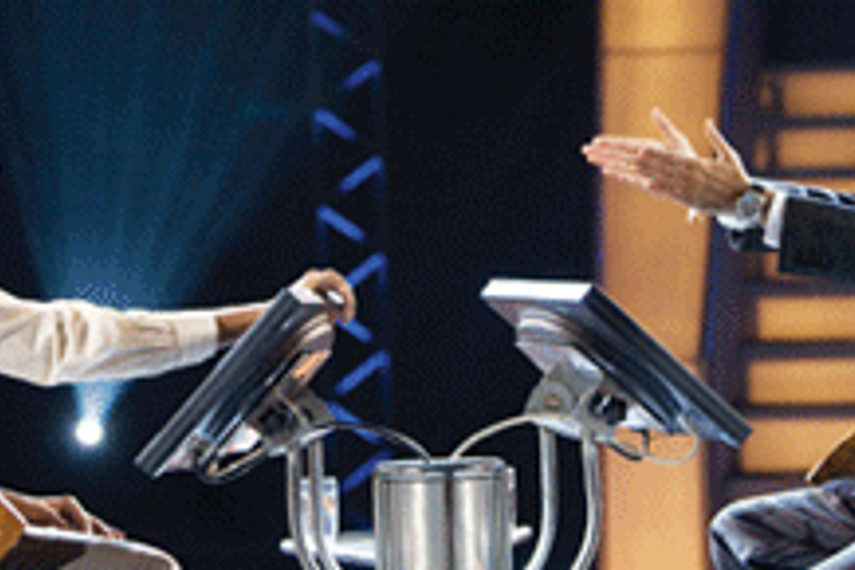
Please sign in or register
Existing users sign in here
Having trouble signing in?
Contact Customer Support at
[email protected]
or call+91 22 69489600
Here's a question for all of you. How much would you have paid to have your brand visible in Golden Globe winning, Screen Actor's Guild winning and Oscar nominated Slumdog Millionaire?Whatever your answer, would you believe that there are two brands who paid nothing and fought to have scenes with their brands featuring deleted from the film?Both Coke and Mercedes Benz demanded that scenes featuring their brands be excised as the brands would suffer from the association to the poverty depicted in Slumdog.

Contact Customer Support at
[email protected]
or call+91 22 69489600
Top news, insights and analysis every weekday
Sign up for Campaign Bulletins
StayVista has introduced Gram’s, a design-led lifestyle hotel concept built around nostalgia, community and contemporary travel preferences.
The conglomerate has issued a RFP demanding high-scale credentials as it shifts to a digital-heavy, ROI-led model with expanded influencer activity.
To a large extent, the differently abled community remains invisible to marketers. But some brands are trying to change that through smarter advertising and inclusive design.
Why brands must stop performing for algorithms and start speaking to humans again